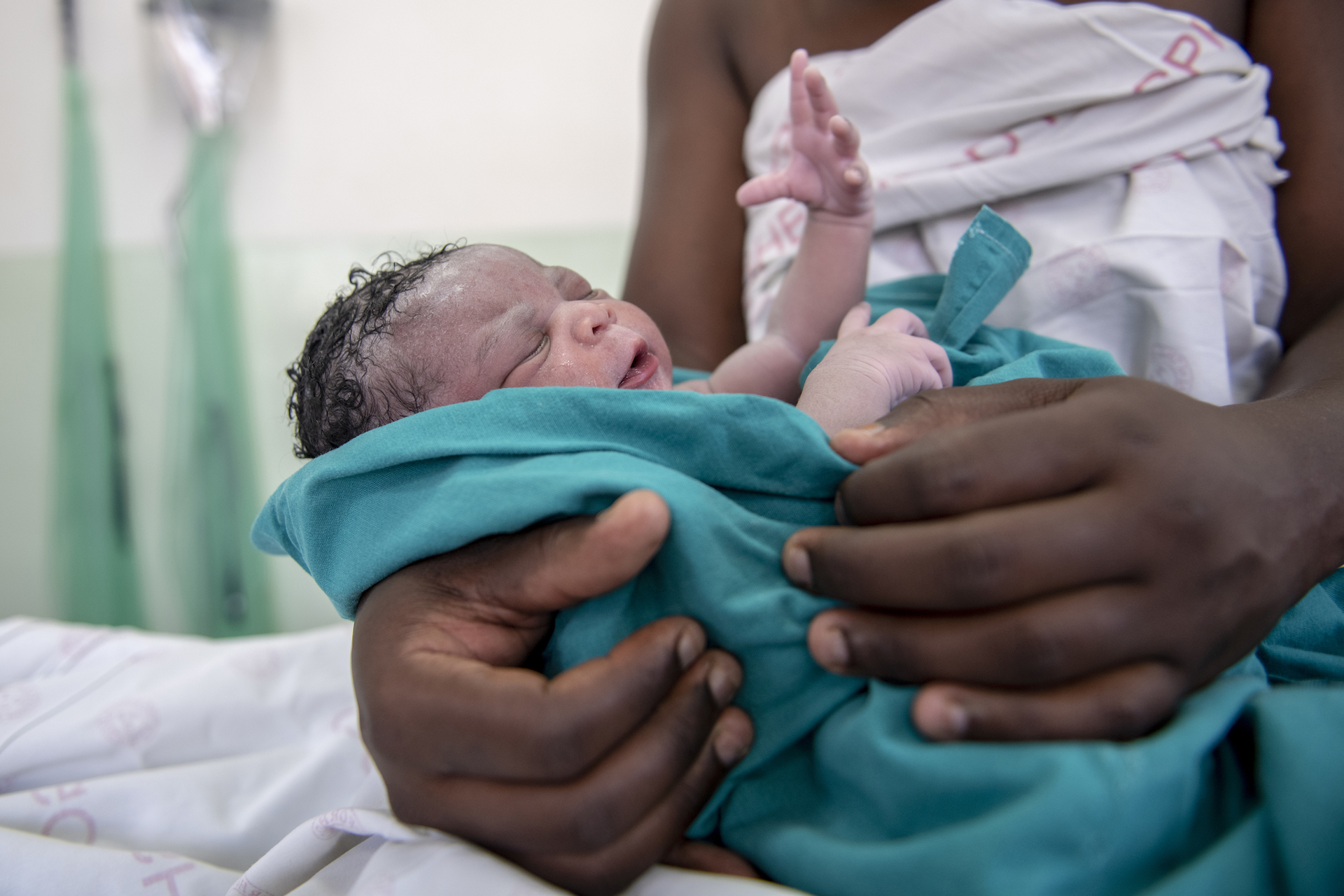Efforts to scale up and improve programs for prevention of mother-to-child transmission of HIV (PMTCT) have focused primarily at the health facility level, and limited attention has been paid to defining an effective set of community interventions to improve demand and uptake of services and retention. Many barriers to PMTCT are also barriers to pregnancy, childbirth, and postnatal care faced by mothers regardless of HIV status. Demand for maternal and child health (MCH) and PMTCT services can be limited by critical social, cultural, and structural barriers. Yet, rigorous evaluation has shown limited evidence of effectiveness of multilevel community-wide interventions aimed at improving MCH and HIV outcomes for pregnant women living with HIV. We propose to assess the effect of a package of multilevel community interventions: a social learning and action component, community dialogues, and peer-led discussion groups, on the demand for, uptake of, and retention of HIV positive pregnant/postpartum women in MCH/PMTCT services.
Explore Related Resources

Journal Articles
Birth Defects and Adverse Pregnancy Outcomes in Hospital-based Birth Surveillance in Eswatini
Published February 2025
Background The Botswana Tsepamo study identified an initial neural tube defect (NTD) safety signal with dolutegravir antiretroviral therapy (ART) exposure at conception. We conducted similar surveillance in 5 hospitals in Eswatini from September 2021 to September 2023 to evaluate the prevalence of birth defects and adverse pregnancy outcomes by maternal HIV status and ART regimen/timing. […]
View Resource
Countries:
Eswatini

Journal Articles
An integrated, multidisciplinary management team intervention to improve patient‑centeredness, HIV, and maternal‑child outcomes in Lesotho
Published December 2024
Background Reducing perinatal HIV transmission and optimizing maternal and child health (MCH) outcomes in high HIV prevalence settings is an urgent, but complex, priority. Extant interventions over-emphasize individual-level provider and patient behaviors, and neglect critical health systems-level changes. The ‘Integrated Management Team to Improve Maternal-Child Outcomes (IMPROVE)’ study implemented a three-part, patient-centered, health-systems- level intervention […]
View Resource
Topics:
Maternal and Child Health
Countries:
Lesotho

Program Tools
Breakthrough Champion Advocacy Toolkit
Published December 2024
This Breakthrough Champion Advocacy Toolkit is targeted towards strengthening the capacity of adolescents and youth to advocate for addressing HIV treatment inequalities to end AIDS. The Toolkit serves as a training manual for the Breakthrough Partnership’s adolescent champions to develop advocacy skills and gain knowledge about HIV treatment gaps and differentiated service delivery — which […]
View Resource
Topics:
Adolescents
Countries:
Mozambique,
Nigeria,
Uganda

